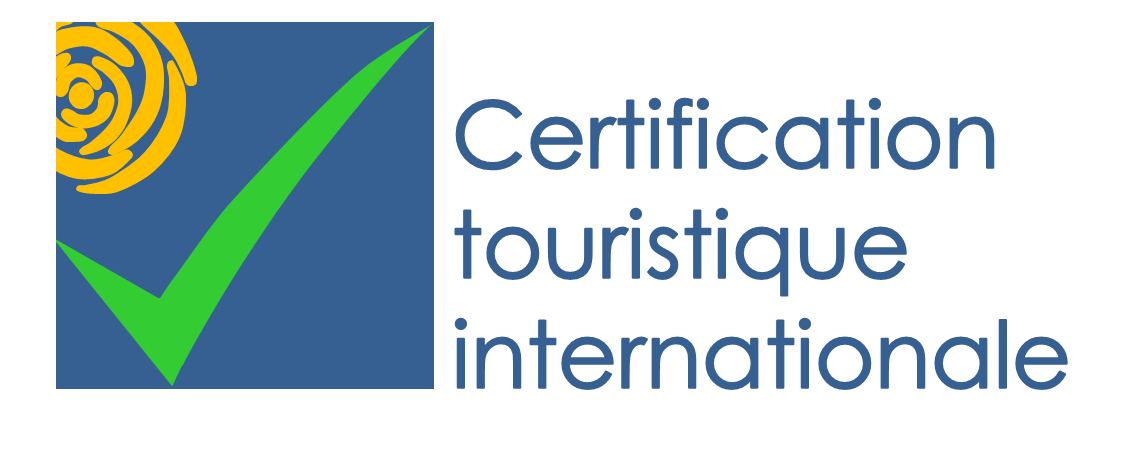Public policy refers to the actions taken by government — its decisions that are intended to solve problems and improve the quality of life for its citizens. At the federal or national level, public policies are enacted to regulate industry and business, to protect citizens at home and abroad, to aid state and city governments and people such as the poor through funding programs, and to encourage social goals, in this case sustainable tourism policies. A policy established and carried out by the government goes through several stages from inception to conclusion. These are agenda building, formulation, adoption, implementation, evaluation, and termination.
Formulation and adoption
Policy formulation means coming up with an approach to solving a problem. Congress, the executive branch, the courts, and interest groups may be involved. Contradictory proposals are often made. The president or the Prime Minister may have one approach on some specific policy, and the opposition-party members of Congress may have another. Policy formulation has a tangible outcome: A bill goes before Congress or a regulatory agency drafts proposed rules. The process continues with adoption. A policy is adopted when Congress passes legislation, the regulations become final, or the Supreme Court renders a decision in a case.
Policies Implementation
The implementation or carrying out of policy is most often accomplished by institutions other than those that formulated and adopted it. A statute usually provides just a broad outline of a policy. For example, Congress may mandate improved water quality standards, but the National Environmental Agency or the Ministry of the Environment or Health, provides the details on those standards and the procedures for measuring compliance through regulations. As noted earlier, the Supreme Court has no mechanism to enforce its decisions; other branches of government must implement its determinations. Successful implementation depends on the complexity of the policy, coordination between those putting the policy into effect, and compliance.
Evaluation and termination
Evaluation means determining how well a policy is working, and it is not an easy task. People inside and outside of government typically use cost-benefit analysis to try to find the answer. In other words, if the government is spending x billions of dollars on this policy, are the benefits derived from it worth the expenditure? Cost-benefit analysis is based on hard-to-come-by data that are subject to different, and sometimes contradictory, interpretations. History has shown that once implemented, policies are difficult to terminate. When they are terminated, it is usually because the policy became obsolete, clearly did not work, or lost its support among the interest groups and elected officials that placed it on the agenda in the first place. Tourism Certification International (TCI) helps governments to strengthen their policies.

